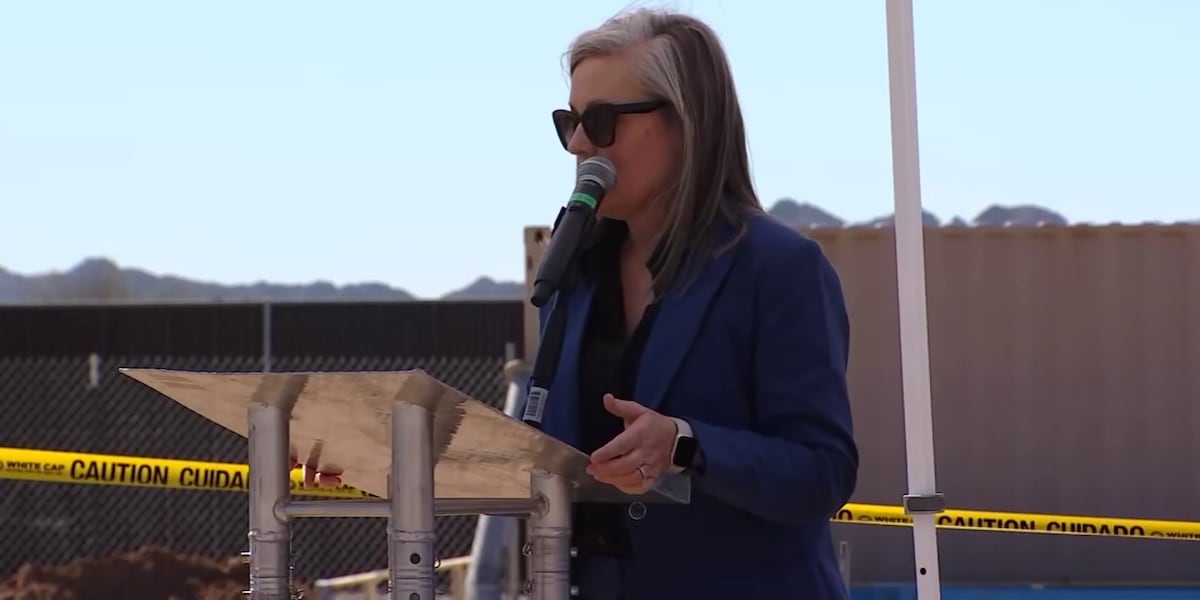Connecticut man dies after contracting rare mosquito-borne disease
Richard Pawulski died on October 14, aged 49, after contracting a rare mosquito-borne disease. He was pruning bushes in his backyard in Colchester (Connecticut, USA), in August 2019, when he was stung, developing eastern equine encephalitis (EEE), a fatal disease that had caused the first death in the state of New York (USA) a month

Richard Pawulski died on October 14, aged 49, after contracting a rare mosquito-borne disease. He was pruning bushes in his backyard in Colchester (Connecticut, USA), in August 2019, when he was stung, developing eastern equine encephalitis (EEE), a fatal disease that had caused the first death in the state of New York (USA) a month earlier. in almost a decade. The resurgence of the disease has left health authorities perplexed.
The mosquito-borne disease is a fairly rare but “serious” disease that affects the brain, causing rapid physical deterioration and lifelong disabilities if the patient survives. “I’m not kidding when I say your life can change in the blink of an eye, because that’s what happened to us,” his grieving daughter, 18-year-old Amellia Pawulski, told the NY Post.

He ultimately succumbed to methicillin-resistant Staphylococcus aureus, a staph infection that proved very difficult to treat when combined with other EEE-derived illnesses, such as a bacterial heart infection, a deteriorating liver, and a traumatic brain injury. Just one day after encountering the mosquito bite, Richard complained of severe headaches and began vomiting yellow bile. The man was rushed into emergency surgery to relieve swelling in his brain, but complications from the surgery apparently worsened the situation and left the Polish immigrant in a coma for two months. Doctors were initially perplexed about what could have caused such a sudden deterioration — as a cancer survivor and diabetes patient, Richard was extremely health-conscious to the point of refusing to drink alcohol or smoke.
It wasn’t until other cases of EEE began to emerge in the state that doctors realized Richard could also be a victim of the virus. There were four total cases in Connecticut that year — at the time, Richard was praised as the only survivor, although with no prognosis for improvement. Amellia and his mother, Margaret, chose to keep him alive on life support, even though doctors warned that the brain damage was such that he would never be the same. They had just transferred him to hospice care — which they believe Richard would have wanted — when he suddenly woke up from a coma and began talking.
The miracle was short-lived, however. Richard has spent the last five years bouncing between hospitals and nursing homes while suffering from a traumatic brain injury, liver and kidney complications, seizures and other strenuous illnesses, as well as routine bouts of pneumonia. His mental state was severely affected—some days, Richard didn’t know what year or where he was. Fortunately, he was lucid enough in the days leading up to his death to tell his wife and daughter that he loved them, they both reported. “He always tried to look on the positive side. I remember people saying, ‘Oh, how was your day?’ And he’d say, ‘My day is great. I woke up. I can breathe on my own. I can talk. I can go to the bathroom alone. I have no reason to be upset,’” commented Margaret.



